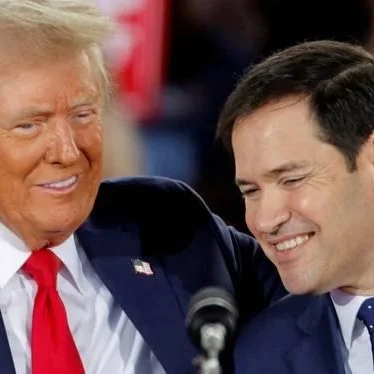President-elect Donald Trump’s incoming administration appears poised to significantly shift U.S. policy towards Israel, signaling a major change in direction. This new approach, characterized by a strong pro-Israel stance, could have far-reaching consequences for both domestic and international relations. The selection of Marco Rubio as Secretary of State further emphasizes this shift, given his public pronouncements on key issues.
One of the most notable changes under consideration is the removal of sanctions against Israeli settlers deemed extremist. Additionally, the administration plans to deport individuals within the U.S. suspected of supporting Hamas. These actions represent a sharp departure from previous U.S. foreign policy, especially concerning the long-standing conflict between Israel and Palestine. Such dramatic moves are likely to reshape the dynamics of the region.
During the election, Trump’s positions often appeared inconsistent, with appeals to both Jewish and Muslim voters that seemed contradictory. However, his administration now appears ready to embrace policies that clearly favor Israel. This shift from his earlier approach raises questions about how these changes will be received across the political spectrum, both domestically and internationally. The decision to lift sanctions, in particular, could greatly alter regional relations.
Secretary of State nominee Marco Rubio stated, “We are going to stand with Israel and their right to defend themselves,” highlighting the administration’s commitment. This declaration underscores the support that will likely define the new administration’s approach to Israel. Moreover, the plan to expel individuals considered “pro-Hamas” from the United States will likely face challenges, with many raising concerns about civil liberties and freedom of speech.
While the full scope of these policies remains to be seen, the early signs point to substantial changes. These developments are anticipated to generate significant responses within the Middle East and could lead to revisions in how the U.S. interacts with various countries in the region. The administration’s stance is likely to cause significant debate, both at home and abroad, as these policies are put into place.
